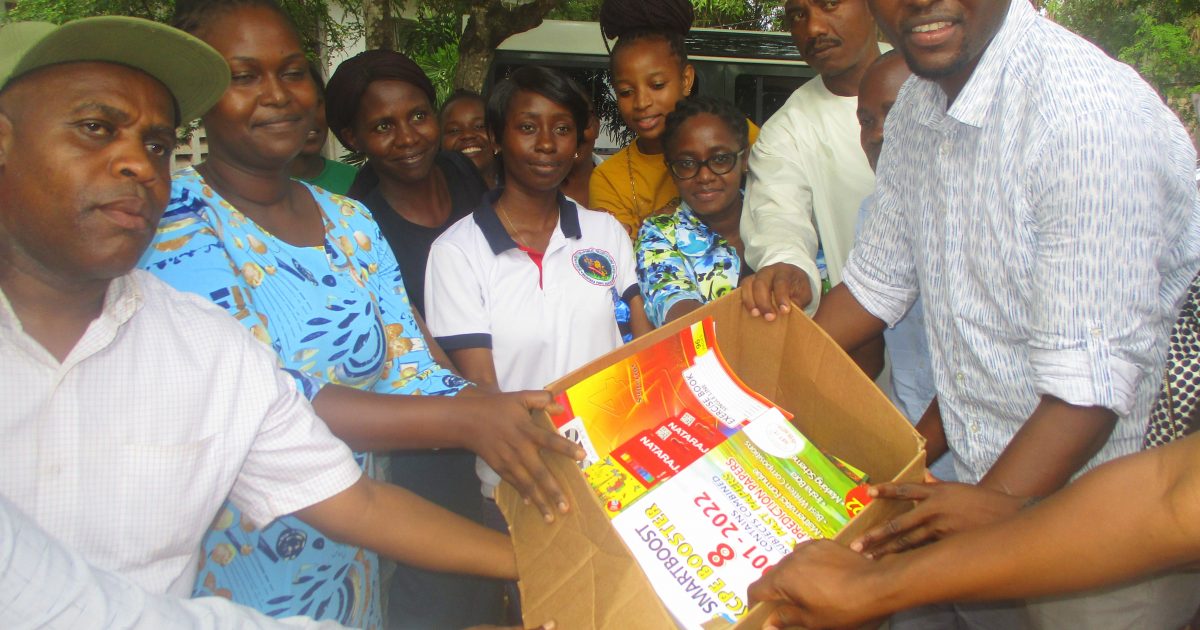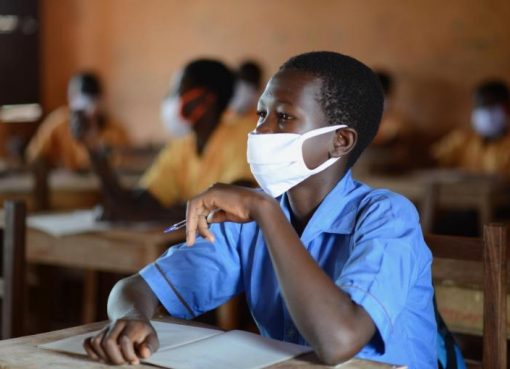Court Users Committees (CUC) within Mombasa and Kwale counties have scaled up efforts to sensitize members of the general public on the amended Children Act, 2022.
The committee that draws membership from key agencies in the criminal justice system has been touring schools and children remands in the two coastal counties to articulate core issues reflected in the new act.
In Mombasa County, magistrates, prosecutors, probation officers, correctional services, advocates, law students from the University of Nairobi, Mombasa campus and non-state actors like Reach Out Trust have teamed up in the sensitization campaigns.
The criminal justice agencies met secondary school students and children who come into conflict with law to educate them on their rights stipulated in the amended children act.
The CUC led by magistrates have held forums in schools within Mvita, Changamwe, Jomvu, Likoni, Kisauni and Nyali sub-counties to enlighten learners on the new children act and encouraged to pass the message to their peers.
The schools visited included Mtopanga Secondary School(Kisauni), Khadija Mixed Secondary School (Nyali), St. Charles Secondary school (Changamwe), Tudor Day (Mvita), Kajembe High School (Jomvu) and Likoni Secondary (Likoni).
The sensitization campaigns were also done through local FM and vernacular radio stations to break down content of the amended children act in local native languages, aimed at empowering the majority of the residents domiciled in the two counties.
The initiative is being spearheaded by judiciary under the Children Service Month, launched by Chief Justice (CJ) Martha Koome to sensitize the public on the rights of children.
As part of the initiative courts have heard, determined and fast tracked hundreds of children related cases, especially those that have been in courts beyond the statutory six months.
Over the weekend, CUC team including members of the National Legal Aid Services toured Likoni Children Remand to sensitive minors on the new act and donated assorted gifts including books, footwear, toiletries and confectionaries.
Mombasa Resident Magistrate Vivian Muthoni led the team in informing of their rights, while undergoing trials before courts and the roles of different actors in their cases.
Advocates undertaking pro bono cases of minors were also present to sensitize minors of what is required of them.
The amended Children Act 2022 which is a significant improvement to the Children’s Act 2001 sought to address emerging issues affecting children in Kenya and gaps identified during the implementation of the previous law.
It gives effect to Article 53 of the Constitution of Kenya by among other reforms, advancing the concept of ‘best interest of the child’ as the paramount consideration in every matter or decision concerning a child.
Some of the highlights in the Children Act that have been welcomed include raising the criminal responsibility age from the previous 8 years to 12 years.
Children accused of committing minor offences, according to the new Act will now be diverted to community-based systems such as their families.
Further, the new Children Act provides for parental responsibility and contains progressive provisions for the protection and care of children such as prioritization of family-based care through fostering, adoption, custody, maintenance, guardianship, kinship care, Kafalah (indemnity) among others.
The law largely shifts the burden of child care to the state and the community, leaving room for the establishment of statutory childcare institutions by the Cabinet Secretary responsible for children affairs.
The new act provides ways of addressing vulnerable children’s concerns like online abuse, child trafficking, and radicalization among others.
The law established a Child Welfare Fund funded through the national exchequer under the aegis of the Public Finance Management Act.
The Children Act expressly mandates County Governments to establish child welfare schemes and child care facilities in their respective counties besides taking charge of pre-primary education.
The age of criminal responsibility among children has been raised from the current 8 years to 12 years.
Children in Conflict with the law after committing minor offenses will not be taken through the court system; they will be diverted to community-based systems.
All Children in Conflict with the law will have access to free legal aid as they navigate through the justice system.
Children living with disability will be accorded free medical treatment, special care, education and training.
Kinship adoption has been included in the law, where a relative is able to adopt a child in his lineage in a much cheaper and faster way with less legal technicalities.
The Children Act, 2022 gives priority to family based alternative care as opposed to institutionalization of children in Children Homes.
By Hussein Abdullahi and Andrew Hinga





